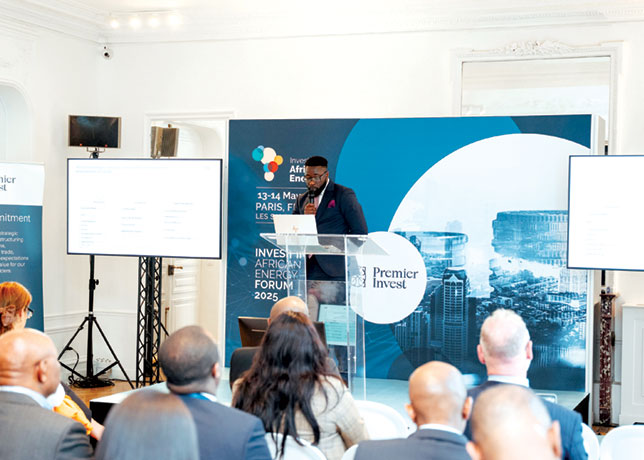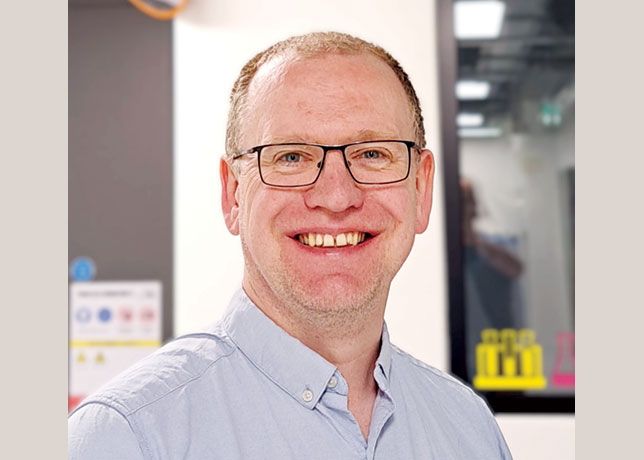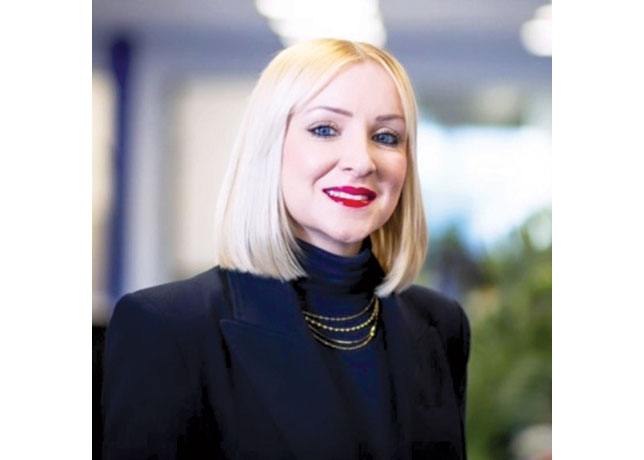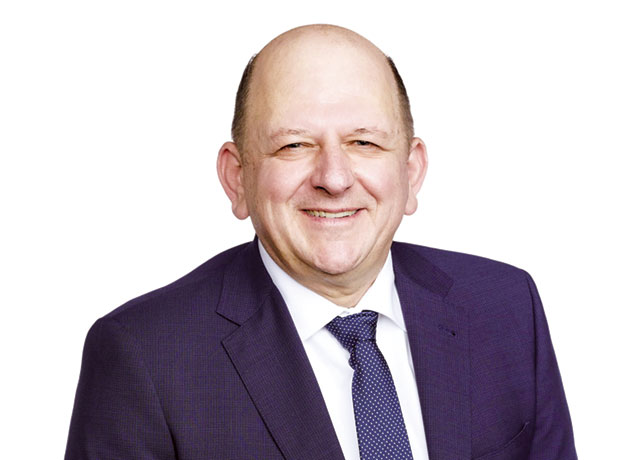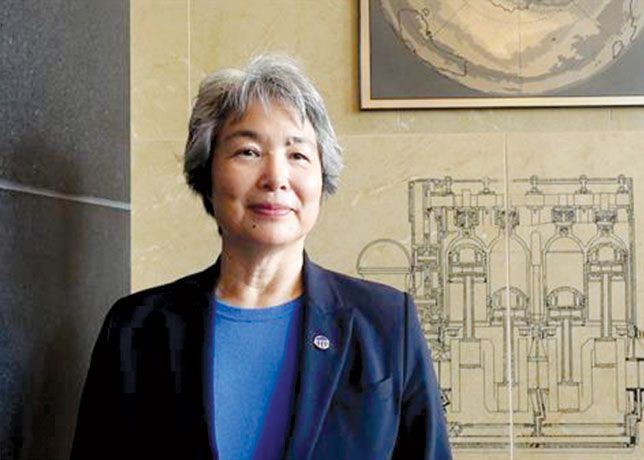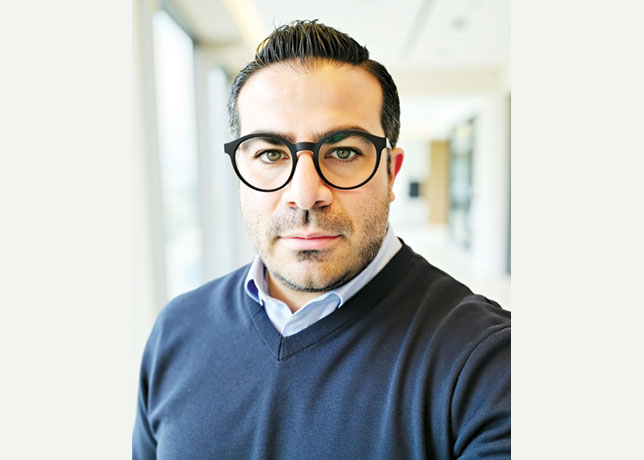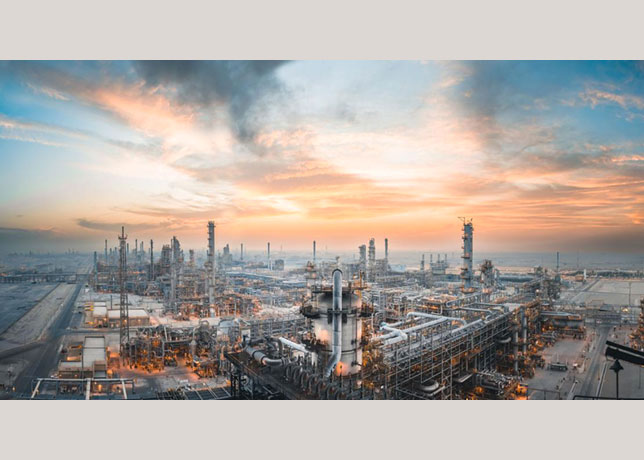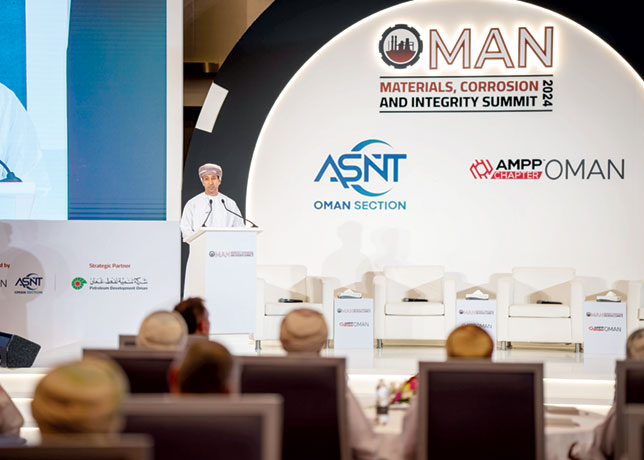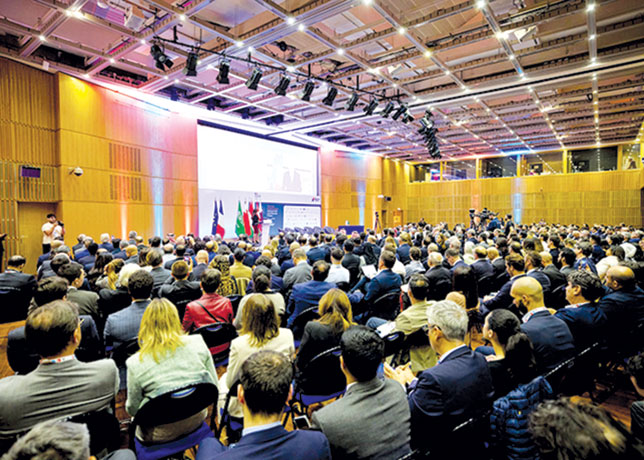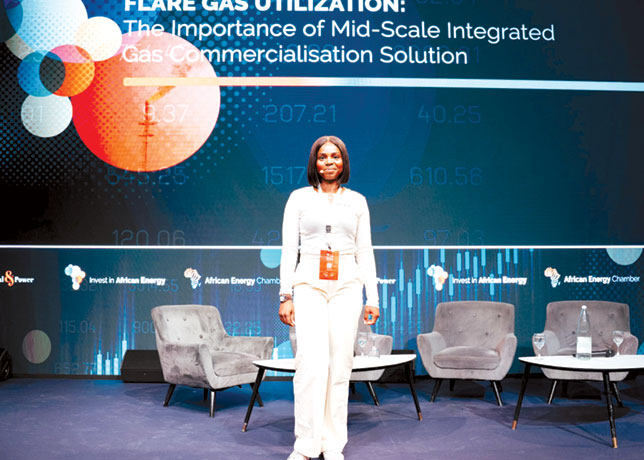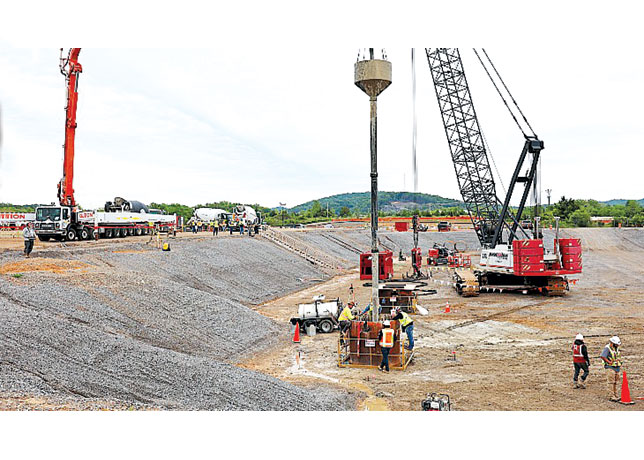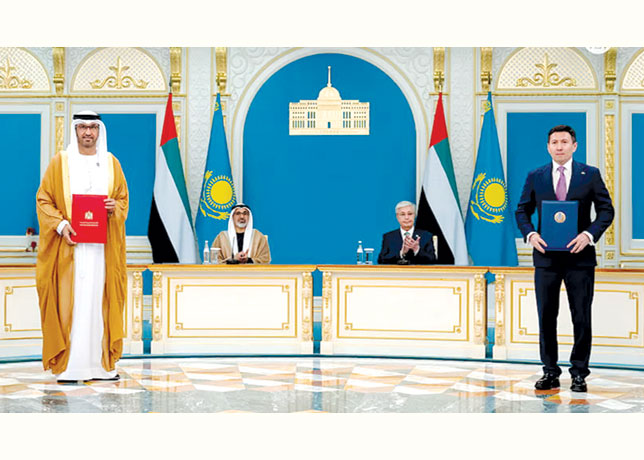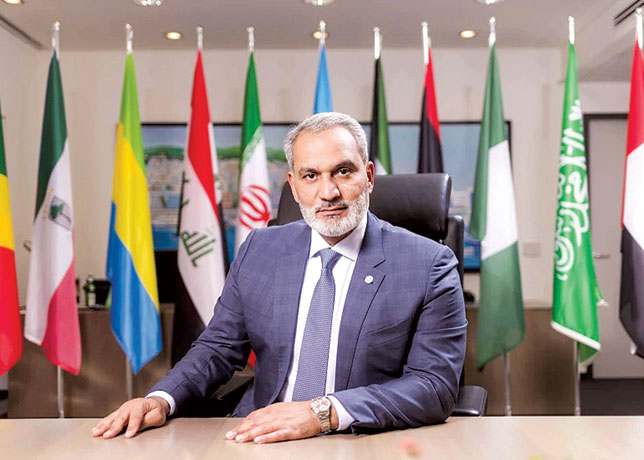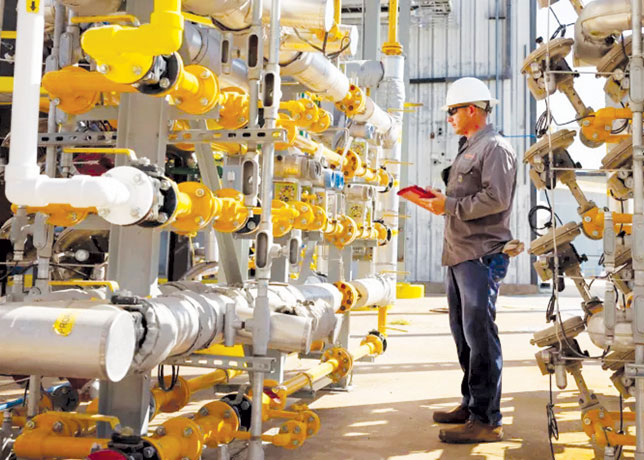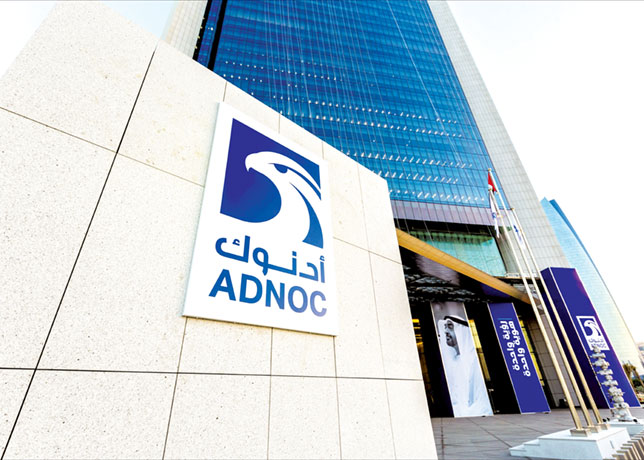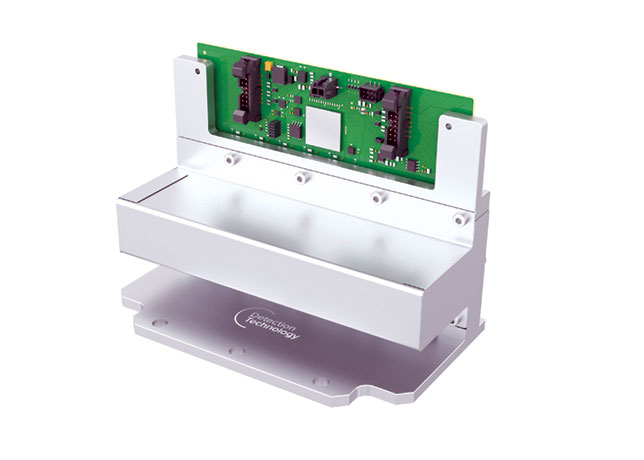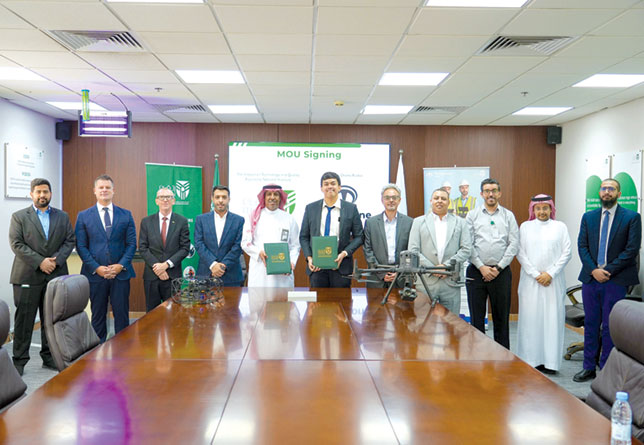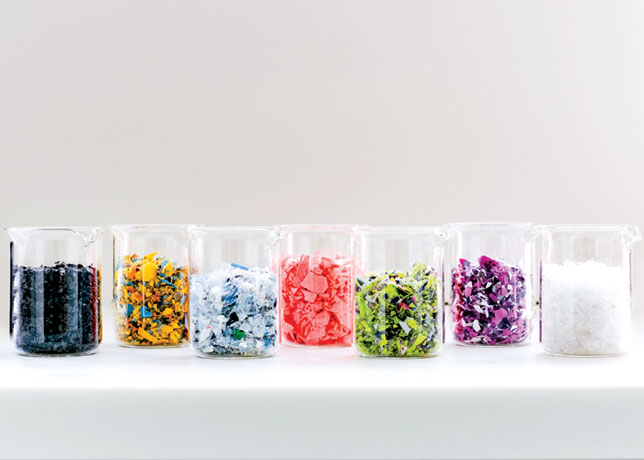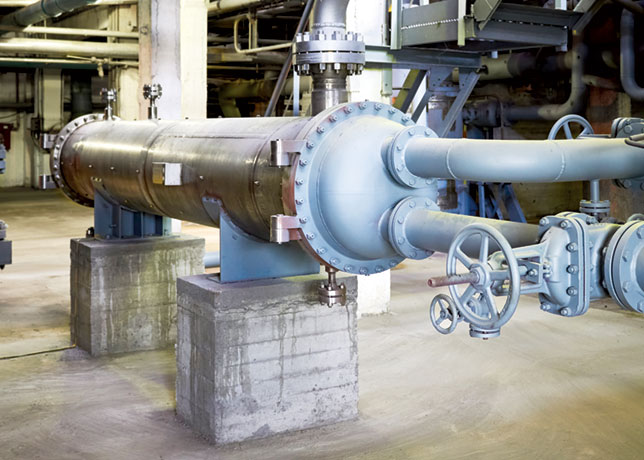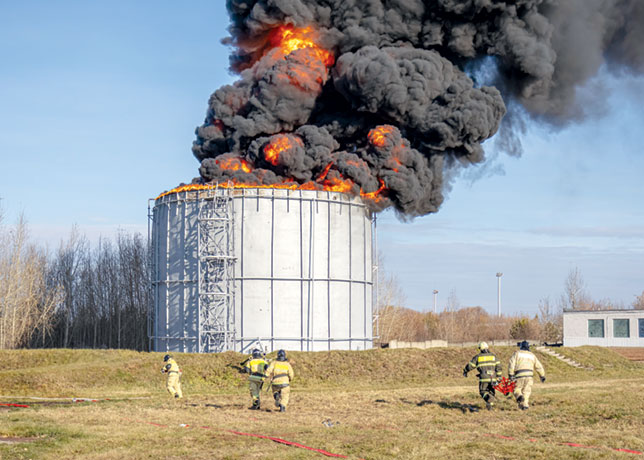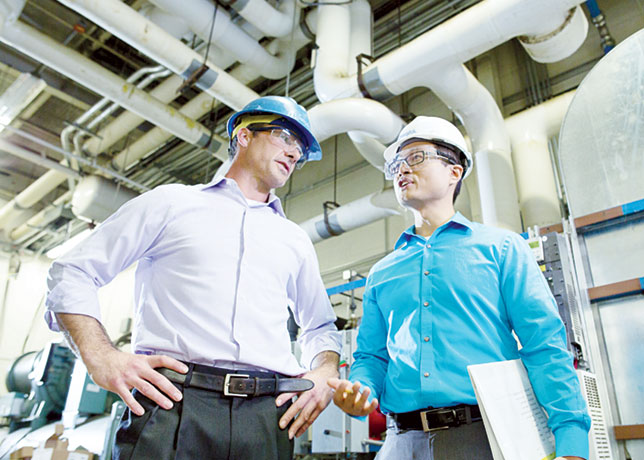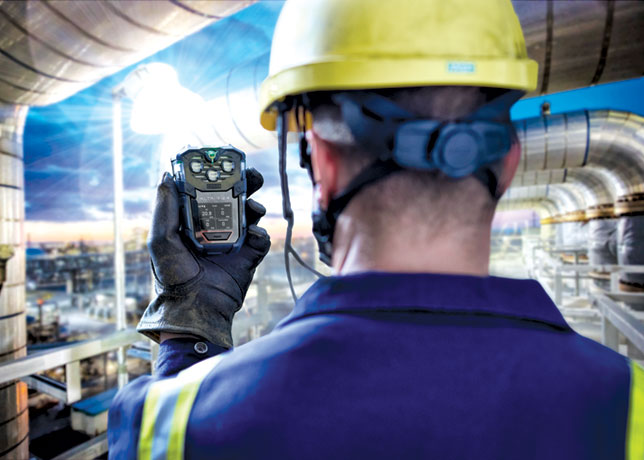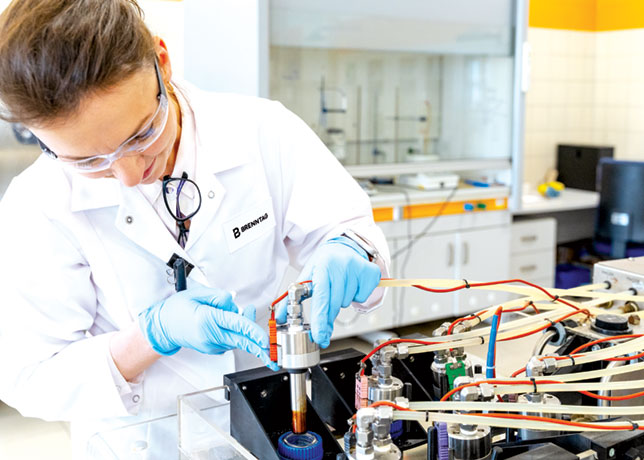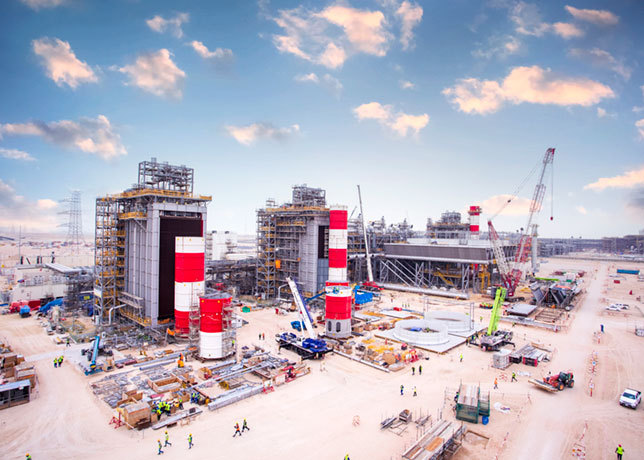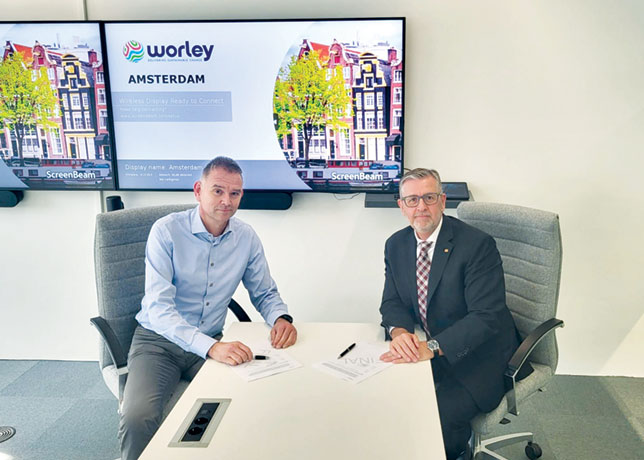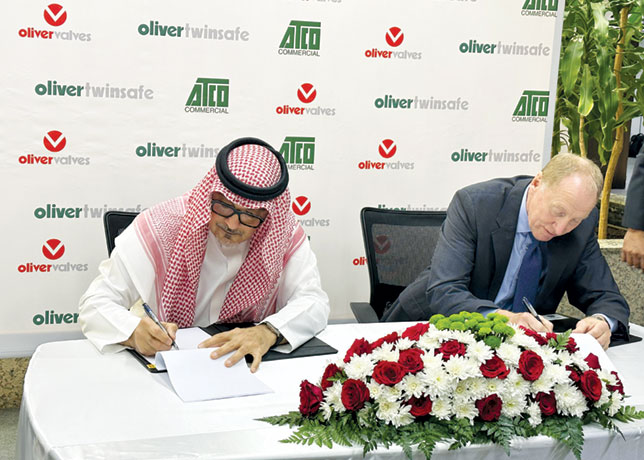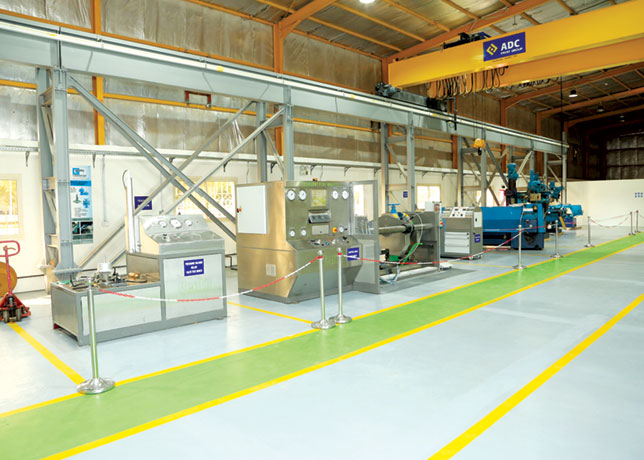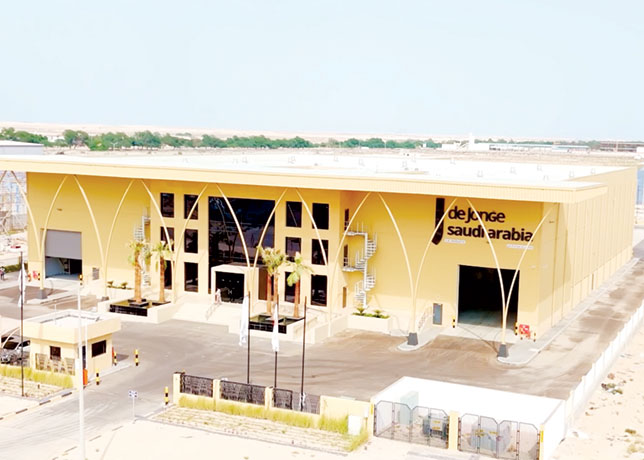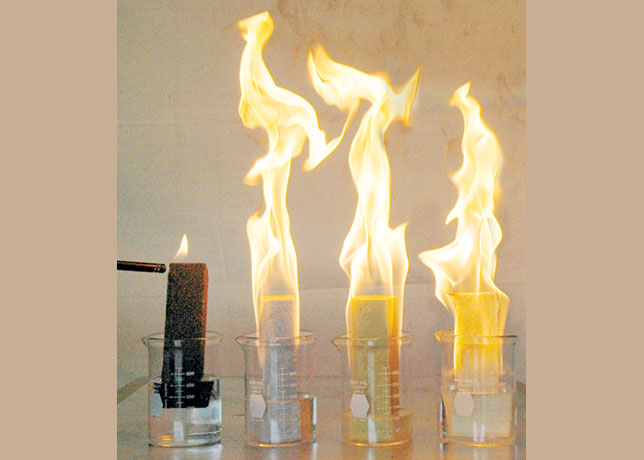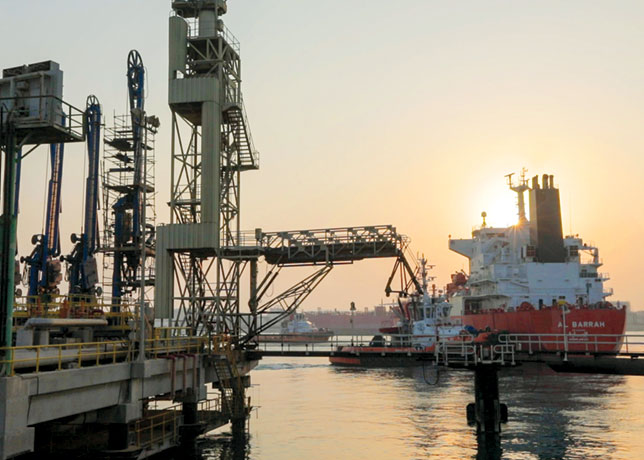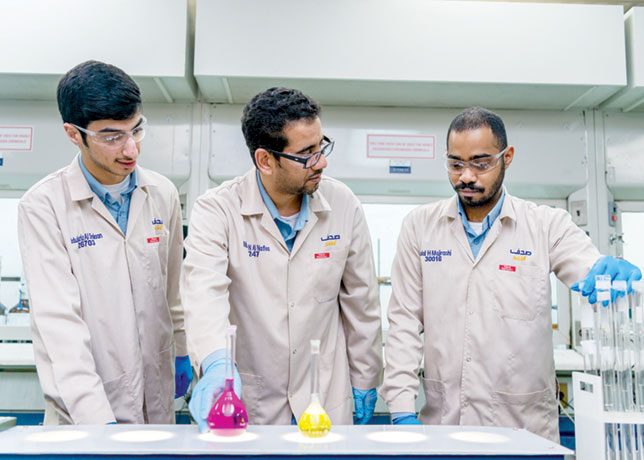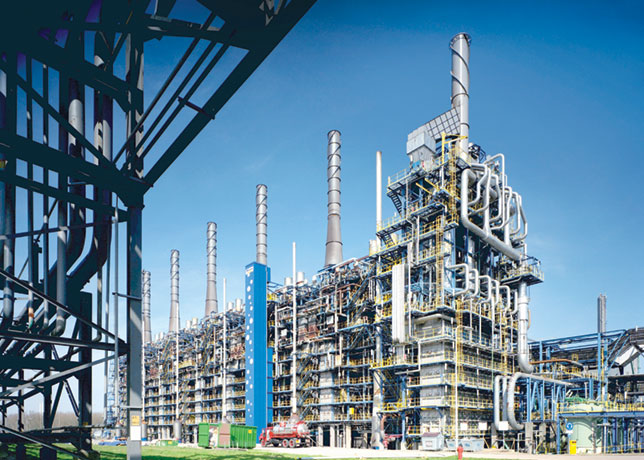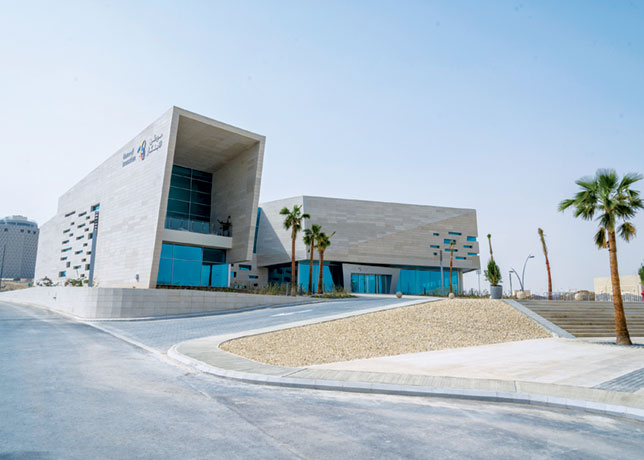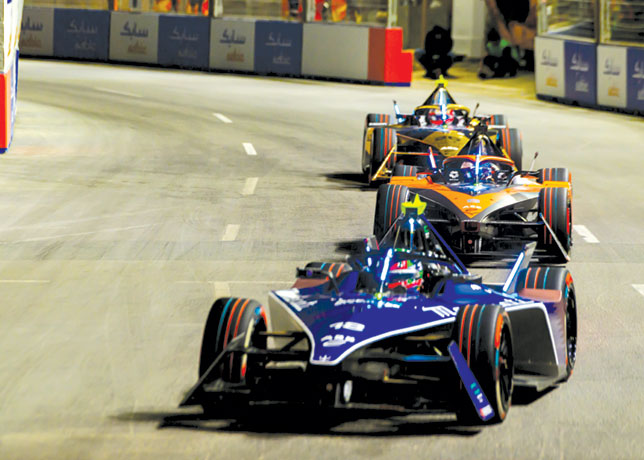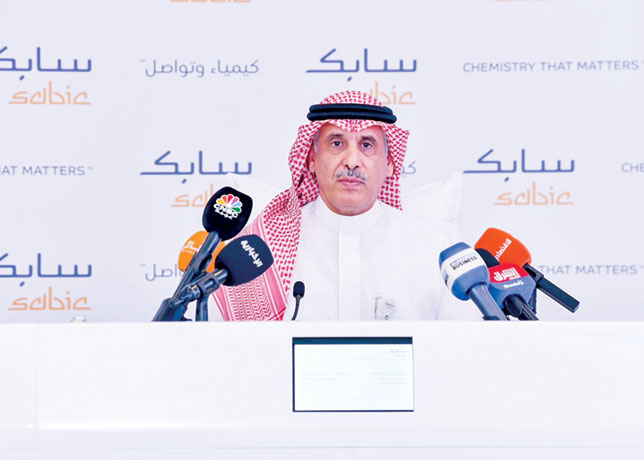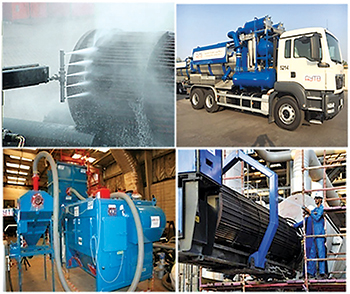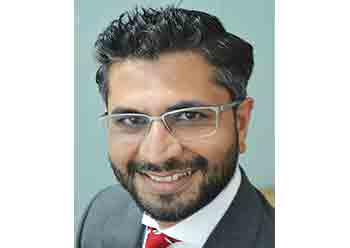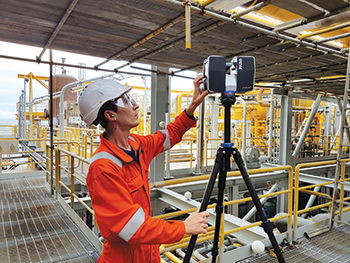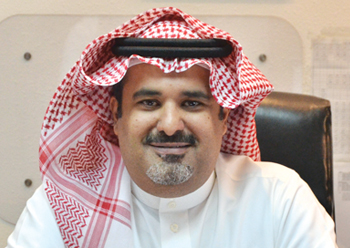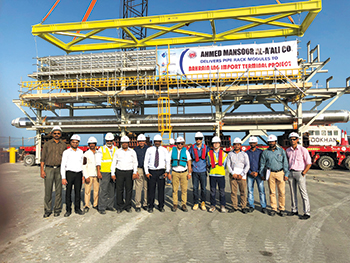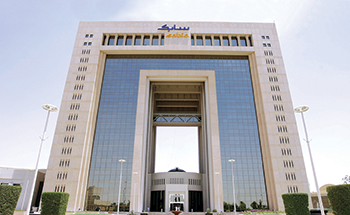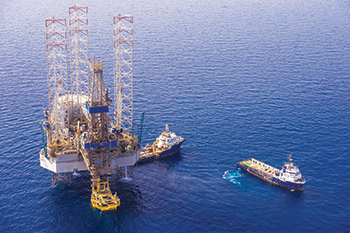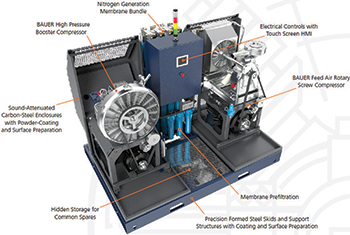
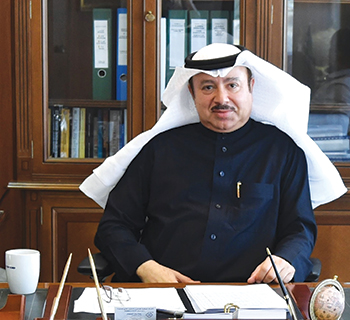 Albaeejan ... seeing bright prospects
Albaeejan ... seeing bright prospects
While it cannot change the market the company can change its own efficiency and effectiveness in operations, TUV Nord Middle East CEO JAMAL ALBAEEJAN tells OGN in an exclusive interview
Against the backdrop of a market slump, TUV Nord Middle East has cut costs and looked at strategic planning and business development to manage its way through the economic uncertainty, says its CEO Jamal AlBaeejan.
'We are now implementing a business diversification strategy with a team of managers with cooperation from TUV Nord Germany to set a five-year strategy for our region,' Baeejan tells OGN in an interview.
'One of the diversifications we are working as per the strategy is in the renewable energy which is solar and wind which is being looked at seriously as part of the energy mix for GCC economies. The Saudi Vision 2030 laid down by HRH Mohamed Bin Salman Al Saud, Crown Prince of the Kingdom of Saudi Arabia is fully behind such diversification. So utilising the existing expertise of TUV Nord Germany we are positioned to look at inspection and even manufacturing support in this new 'Business Opportunity' in the region,' he says.
FAHSS TUV Nord was established in 1986 with a joint venture between Tasnee and TUV Nord. It was established in Saudi Arabia Eastern Province to serve the industry of Jubail which is mainly petrochemicals. TUV Nord has over 75 branches around the world employing 1,400 people.
AlBaeejan was appointed CEO in 1998. In 2003 TUV Nord Middle East in Bahrain was established. From its Bahrain base TUV Nord have expanded its operations in Emirates through its main office in Abu Dhabi.
Currently TUV Nord operates in Bahrain, Abu Dhabi, Dubai, Kuwait and Oman.
Excerpts from the interview:
What is the strategic business objective/strategy of TUV Nord Middle East?
Our main object is to deliver value added technical services to our clients based on quality.
How do we achieve this? Simply through a competent and professional workforce that is trained to the highest level of competency by our partner – TUV Nord, Germany. This gives us a strong the market position. The strategy is to offer a unique bouquet of services, which I believe we have succeeded in. Our company provides: Technical Inspection, Certification, Training and Calibration.
It is important to note that while other companies may offer inspection and certification they do have their own calibration labs. This is why we are unique in offering a one stop service for our clients.
How did you manage your way through the challenges of 2017?
While we cannot change the market we can change our own efficiency and effectiveness in operations. We cut our costs and expenses and looked at strategic planning and business development to manage our way through the economic uncertainties.
For example let us look at our business with Saudi Aramco, for who we provide Qualtiy Control (QC) and Quality Assurance (QA) services. We are one of the eight companies approved technically with Aramco. Our business with Aramco usually represent 40 per cent from the inspection department. The impact of oil price has impacted the project at Aramco which has led to a drop in our business and now we are studying new business model to find a way to substitute the income from Aramco.
We are now implementing a business diversification strategy with a team of managers with cooperation from TUV Nord Germany to set a five-year strategy for our region.
One of the diversifications we are working as per the strategy is in the renewable energy which is Solar and wind which is being looked at seriously as part of the energy mix for GCC economies. The Saudi Vision 2030 laid down by HRH Mohamed Bin Salman Al Saud, Crown Prince of the Kingdom of Saudi Arabia is fully behind such diversification. So utilising the existing expertise of TUV Nord Germany we are positioned to look at inspection and even manufacturing support in this new 'business opportunity' in the region.
Nevertheless petrochemicals will still be an important business sector in the GCC and certification and environmental protection, in which we have expertise in will ensure our company is at the forefront.
Another exciting business frontier opening up in Saudi Arabia is the entertainment sector. We are also targeting new business opportunities with amusement parks. Our expertise level means that we are more than capable of handling design reviews, ride park assessment and the like.
We already have already delivered on projects in Dubai with 6 Flags. We are expecting the 6 Flags project in Riyadh.
Additionally current projects include inspection for the ground services inside the vents of airport, cars, carriage, escalators. We have agreements with the King Abdul Aziz airport, Riyadh airport. Currently we are discussing the same with Dammam airport. Our plan is to provide our expertise to all the Saudi airports.
With political uncertainty, financial crisis, project transitioning from the dependence in oil to renewable energy, what is your commercial forecast for 2018?
Our business in Qatar is in hold due to the political situation. If there is a reconciliation with the government of both countries, of course Qatar is a big business for us. The indirect impact of the political crisis with Qatar is that, many Qatari companies used our training academy in Dubai and Abu Dhabi and this business has depleted.
Regardless of this we are now in a much better position to anticipate the current crises and by implementing the new strategy in cooperation with TUV Nord, Germany, we are optimistic of a very positive 2018 business year.


